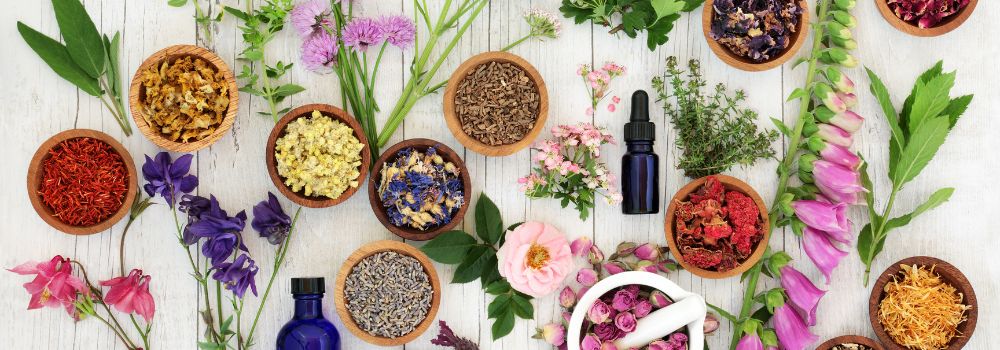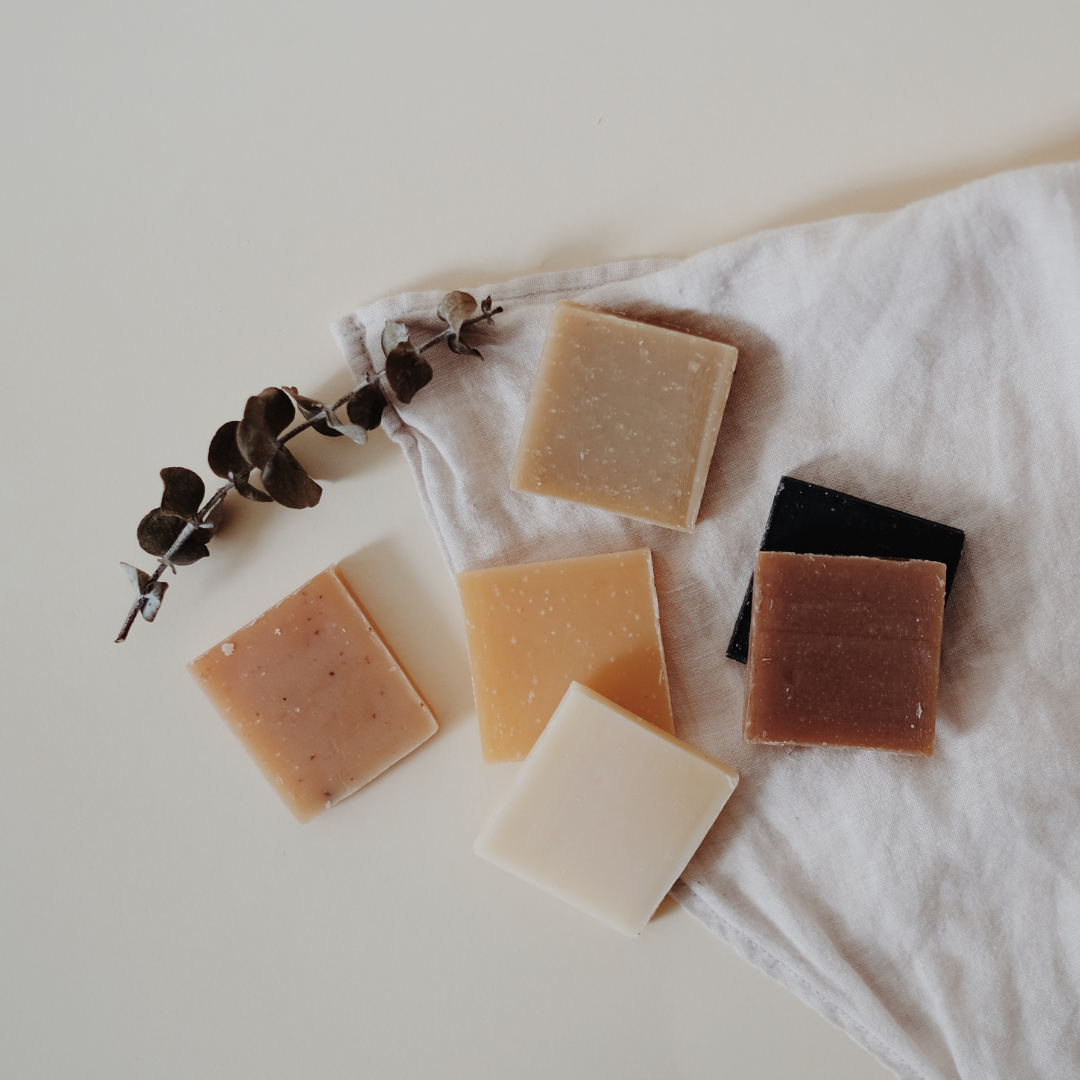
Herbal Medicine 101: Understanding the Basics for Beginners
If you've ever wondered how plants can support your health naturally, you're not alone. With ancient roots and modern relevance, herbal medicine is a powerful, gentle entryway into holistic wellness. Whether you're a newbie herbalist or simply curious about plant-based healing, this guide is crafted to help you confidently begin your botanical journey.
🌿 What Is Herbal Medicine?
Herbal medicine—also known as phytotherapy—involves using plants and their extracts to support health, prevent illness, and promote balance. From teas and tinctures to salves and capsules, herbs have long played a central role in global healing traditions.
🌱 Why Choose Herbal Medicine?
1. Holistic Approach to Health
Herbs often address multiple body systems at once. A single plant like chamomile can calm the mind, soothe digestion, and ease inflammation.
2. Low Risk of Side Effects
When used correctly, most herbs offer fewer side effects than synthetic drugs.
3. Accessible and Affordable
Many healing herbs can be grown at home or found in local grocery stores.
Scientific Note: The World Health Organization estimates that 80% of the world’s population relies on herbal remedies for primary healthcare.
🌼 The Essential Categories of Herbal Actions
- Adaptogens (e.g., Ashwagandha, Rhodiola)- Support the body in adapting to stress.
- Nervines (e.g., Lemon Balm, Passionflower)- Calm the nervous system and improve sleep.
- Digestives (e.g., Peppermint, Fennel)- Aid in digestion and reduce bloating.
- Immunomodulators (e.g., Echinacea, Reishi)- Balance and support immune health.
🫖 How to Start Using Herbs
- Teas: Best for gentle, daily use.
- Tinctures: Alcohol-based extracts; potent and fast-acting.
- Capsules: Great for standardized doses.
- Topicals: Salves and creams for skin support.
Pro Tip: Start with 2–3 herbs that support your current wellness goals, rather than trying everything at once.
🔍 Safety First: Using Herbs Responsibly
- Always research dosage and interactions- Especially if you’re on medication.
- Consult a qualified herbalist or naturopath- For personalized guidance.
- Use quality herbs from reputable sources
Scientific Insight: A 2021 study in Frontiers in Pharmacology emphasized the importance of herb-drug interaction awareness, particularly for people on long-term medications.
🧰 Building Your Home Herbal Kit
- Chamomile (calming)
- Ginger (digestive & anti-inflammatory)
- Lavender (relaxing & antimicrobial)
- Calendula (topical skin support)
- Elderberry (immune-boosting)
🌸 The Joy of Connecting With Plants
There’s something magical about preparing your own tea blend or growing your first herb garden. Herbal medicine isn’t just about physical healing—it’s about cultivating a deeper relationship with the natural world.
"Working with herbs is a partnership—your intuition, the plant’s wisdom, and nature’s rhythm all come together." – Herbalist Willow Lane
🤔 FAQs About Herbal Medicine
1. Is herbal medicine safe for children?
Yes, but dosages and herb types must be age-appropriate.
2. How long does it take to see results?
Some herbs act quickly, others work cumulatively over time.
3. Can I combine multiple herbs?
Absolutely—but synergy matters. Research or consult an herbalist.
4. Are herbs FDA-approved?
Dietary supplements (like herbs) aren’t FDA-approved but are regulated for safety.
5. Where can I learn more?
Start with books like Herbal Healing: A Comprehensive Guide to Herbal Remedies or online schools like the Herbal Academy.


